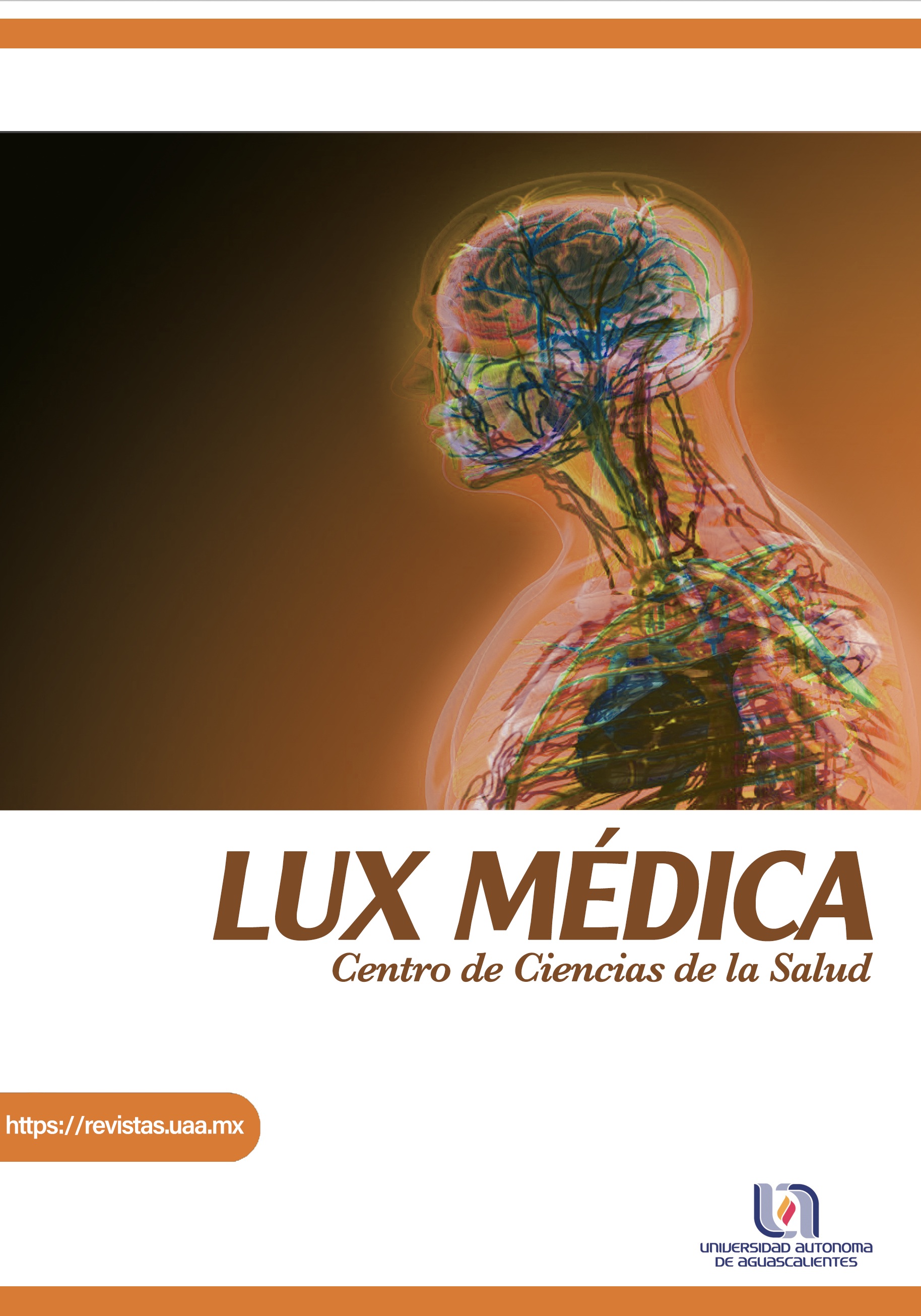Epistemology and critical reflection in the evaluation of Nursing theories: challenging paradigms and building knowledge
DOI:
https://doi.org/10.33064/56lm20245004Keywords:
Knowledge in Nursing, Nursing, Epistemology, Scientific methodAbstract
Introduction: The analysis and evaluation of scientific knowledge in Nursing, including its origin, development, forms, and impact on decision-making, are essential for validation. The evolution and transmission of this knowledge, at both individual and social levels, are highlighted, considering the influence of philosophy, science, and culture. The role of scientific knowledge in technological and social progress is explored, along with posestructuralist criticism questioning its objectivity and universality. The influence of language on the social construction of knowledge is emphasized. Objective: To propose a critical evaluation of scientific knowledge in Nursing from posestructuralist perspectives. Methodology: Critical review, analysis, and reflection on theory and scientific knowledge in Nursing from a posestructuralist perspective. Three strategies (Fawcett, Chinn and Kramer, Meleis) are presented for analyzing and evaluating Nursing theories. Results: From a posestructuralist perspective, scientific knowledge is analyzed, influenced by linguistic and discursive practices. Michel Foucault's vision of “regimes of truth” and the relationship between knowledge and power are considered, highlighting the posestructuralist preference for recognizing diverse perspectives. In the field of Nursing, scientific knowledge and the importance of validating the discipline globally are addressed, emphasizing Jacqueline Fawcett’s organizational proposal. Conclusion: A critical and reflective evaluation of scientific knowledge in Nursing was proposed in practice, education, and research. The need to question the standardized use of language, the underuse of Nursing theory, and the promotion of a more inclusive and diverse approach in Nursing are emphasized.
Fecha de recepción: 25/01/2024
Aceptación de originales: 08/02/2024
Downloads
References
Bunge M. Epistemología. 1ª ed. México: Siglo XXI; 1997.
Popper KR. La lógica de la investigación científica. 2ª ed. Madrid: Tecnos; 2009.
Ramírez AV. La teoría del conocimiento en investigación científica: una visión actual. Anales de la Facultad de Medicina [Internet]. 2009;70(3):217-224. Recuperado de: https://www.redalyc.org/articulo.oa?id=37912410011
Kuhn TS. La estructura de las revoluciones científicas. 4ª ed. México: FCE; 2013.
Morin E. Ciencia con conciencia. Barcelona: Anthropos; 1989.
Martínez-Marín A, Ríos-Rosas F. Los conceptos de conocimiento, epistemología y paradigma, como base diferencial en la orientación metodológica del trabajo de grado. Cinta de Moebio [Internet]. 2006;(25):0. Recuperado de: https://www.redalyc.org/articulo.oa?id=10102508
Altamira-Camacho R. Amor, erotismo y Enfermería. Una introducción al cuidado. Benessere [Internet]. 2023;7(1):1-12. Recuperado de: https://revistas.uv.cl/index.php/Benessere/article/view/2951
Agger B. Critical theory, poststructuralism, postmodernism: Their sociological relevance. Annu Rev. Sociol. 1999;(17):105-131.
Ramírez AV. La teoría del conocimiento en investigación científica: una visión actual. An. Fac. med. [Internet]. 2009 Sep;70(3):217-224. Recuperado de: http://www.scielo.org.pe/scielo.php?script=sci_arttext&pid=S1025-55832009000300011&lng=es
Solaz-Portolés JJ. Sobre cómo el conocimiento científico intenta aproximarse a la realidad. Rev Bras Ensino Fís [Internet]. 2012 Jan;34(1):1308. Recuperado de: https://doi.org/10.1590/S1806-11172012000100008
Pérez-Fuillerat N, Solano-Ruiz MC, Amezcua M. Conocimiento tácito: características en la práctica enfermera. Gac Sanit [Internet]. 2019;33(2):191-196. Disponible en: https://doi.org/10.1016/j.gaceta.2017.11.002
Herrera-Justicia S. Domus, el espacio renovado de intercambio de saberes y cuidado en las familias. Index de Enfermería [Internet]. 2021;30(1-2):3-. Disponible en: https://ciberindex.com/c/ie/e133011
Fawcett J. Framework for analysis and evaluation of Nursing theories. En Fawcett J (editor). Contemporary nNrsing knowledge: Analysis and evaluation of Nursing models and theories. 3ª ed. Philadelphia: Davis FA; 2013.
Parse R. Nursing science or is it the science of Nursing? Nursing Science Quarterly [Internet]. 2015;28(2):101-2. Disponible en: https://doi.org/10.1177/0894318415571617
Altamira-Camacho R. Epistemología de la Enfermería: de las visiones del mundo y su adecuación al método científico. Temperamentvm [Internet]. 2023;19:e14221. Disponible en: https://doi.org/10.58807/tmptvm20235776
Altamira-Camacho R. La disciplina de Enfermería. Una perspectiva sobre su campo y dominio. Index Enferm [Internet]. 2023 Jun;32(2):e14252. Disponible en: https://doi.org/10.58807/indexenferm20235589
Donaldson SK, Crowley DM. The discipline of Nursing. Nurs Outlook. 1978;26(2):113-20.
Smith MJ, Liehr PR. Middle range theory for Nursing. 4ª ed. Nueva York: Springer Publishing. Company, LLC; 2018.
Reed PG. Explanatory power and Nursing theory. Nurs Sci Q [Internet]. 2020;33(3):229-33. Disponible en: Doi: https://doi.org/10.1177/0894318420920584
Reed PG. The practice turn in Nursing epistemology. Vol. 19, Nursing Science Quarterly [Internet]. 2006;1:36-8. Disponible en: Doi: https://doi.org/10.1177/089431840 5283545
Reed PG. The epistemic dignity of knowledge developed through Nursing practice. Nurs Sci Q [Internet]. 2021;34(1):39-44. Disponible en: Doi: https://doi.org/10.1177/ 0894318420965206
Altamira-Camacho R. Una justificación para comprender la naturaleza y estructura del conocimiento en Enfermería. Index de Enfermería [Internet]. 2022;31(1):1-. Disponible en: https://ciberindex.com/c/ie/e13323
Meleis AI. Theoretical Nursing. Development and progress. 6th ed. Lippincott Williams & Wilkins; 6. Pennsylvania; 2018.
Parse R. Parsesciencing: A basic science mode of inquiry. Nursing Science Quarterly. 2016;29(4):271-4. Disponible en: https://doi.org/10.1177/0894318416661103
Altamira-Camacho R. Repensar la formación y la práctica especializada de Enfermería desde la óptica unitaria del ser humano. Rev Enferm Inst Mex Seguro Soc. 2023;31(3):89-92.
McEwen M. Theoretical basis for Nursing. 6ª ed. Philadelphia: Wolters Kluwer; 2022. P. 111-1.
Walker LO, Avant K. Strategies for theory construction in Nursing, 6ª ed. Pearson Boston; 2021.
Fawcett J. Framework for analysis and evaluation of Nursing theories. En Fawcett J. Contemporary Nursing knowledge: Analysis and evaluation of Nursing models and theories. 3ª ed. Philadelphia: F. A. Davis Company, 2013. p. 3-25.
Alligood MR, Tomey AM. Modelos y teorías en Enfermería. 10ª ed. España: Elsevier; 2023.
Hardy ME. Theories: Components, development, evaluation. Nursing Research, 1974. 23:100-107.
Fawcett J. Criteria for evaluation of theory. Nurs Sci Q. 2005;18(2):131-5. Disponible en: Doi: https://doi.org/10.1177/0894318405274823
Chinn PL, Kramer MK. Knowledge development in Nursing: Theory and process. 11ª ed. St. Louis: Elsevier; 2023.
Im EO, Meleis AI. Situation specific theories: Development, utilization, and evaluation in Nursing. Nueva York: Springer International Publishing; 2021.
Petrovskaya O. Early 21st-Century Canadian Nursing at a theoretical crossroads: Between American Nursing theory and British-Australian Post-structural theorizing. En: Petrovskaya O. Nursing theory, postmodernism, post-structuralism, and Foucault. 1ª ed. Londres: Routledge; 2022.
Published
How to Cite
Issue
Section
License
Copyright (c) 2024 Ramiro Altamira-Camacho

This work is licensed under a Creative Commons Attribution-NonCommercial-ShareAlike 4.0 International License.
La revista Lux Médica está bajo una licencia de Creative Commons Reconocimiento-NoComercial-Compartir Igual 4.0 Internacional.












